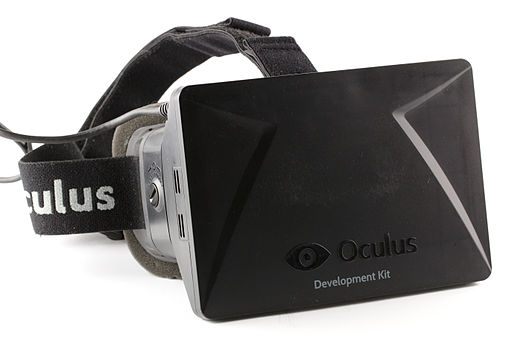Hello people,
This is going to be a long one, so bear with me.
It's week 7 of our 12 week term, so that means we're halfway through and newsdays have begun. If you don't remember me wailing about these last year, a newsday is basically an assessed day where we act like a real newsroom, producing bulletins and broadcasting online material. This term we're doing TV and online. Unlike with radio, we're only making one 5 - 15 minute TV bulletin on each newsday, which is a lot less stressful in some respects.
I was already apprehensive of this week's newsday since I'd been assigned the role of pre-recorded crew member - as the title suggests, I would have to record material before the newsday - which was annoying since I was in London for half the week, leaving my partner
Safia and me just one and a half days to film something. Unfortunately none of the interview prospects I had actually culminated in anything, so the only thing we could do was get some vox pops...but no, even this was a fail on my part since my stomach decided to not work properly on the last day we had available to film. Luckily a coursemate was able to fill in for me.
The newsday
So after all the stress of trying and failing to get some good footage, I wasn't really in the mood for the newsday on Friday, not least because my body was still waging war against me. After having the idea we pitched (admittedly very badly since I managed to totally forget what I was talking about) totally shot down, we were then assigned to go out as a breaking news crew. Ok, I'd worn entirely the wrong shoes for leaving the newsroom, but I could deal with that.
And then they told us we'd be doorstepping an old woman who was viciously attacked by someone who knocked on her door.
Yeah.
I was really uncomfortable about this, and Safia was freaking out a bit too. We were being urged to hurry up and leave the newsroom, armed only with the woman's (hereafter referred to as Janna) street address. No phone number, no way of contacting her to check if she would be ok with us interviewing her. Great.
I ended up checking the electoral roll at Central Library to get Janna's full address and we drove there, nervous. I felt so awful that we were going to be bothering this poor woman who had been beaten up in her own home - turning up without warning just seemed like an awful awful thing to do, but our lecturers appeared to think this was all part of the job.
We rang her doorbell, and seeing our notebooks, Janna told us to go away if we were reporters. If I'd had the conviction to stick to my own personal ethics I would have apologised and left, but it's weird how the pressure of being ordered to do something changes your ability to follow through with it. We managed to convince her to be interviewed. I just felt number and number, as she described how she could see her attacker when she closed her eyes. When I got home after blanking out the newsday with an evening at the pub, I broke down in tears, realising what an awful thing I'd done to poor Janna.
Is there room for ethics?
As a journalist, you're meant to distance yourself from the story to stop your emotions from clouding your sense of objectivity. However, as a human being, I just felt entirely wrong covering this story. When defending dubious journalistic practices, a public interest defence is typically used. This is a decent justification e.g. for covert filming for an investigative piece where there is no other way of confirming the facts, it but has absolutely no place in this situation.
There is no public interest in goading a vulnerable woman into reliving a brutal attack. The interview was to accompany the release of of CCTV footage of someone wanted in connection with the incident. Archive pictures could have been used if we were a real news outlet.
The attack on Janna happened two months ago. In defence of doorstepping, journalists say it provides interviewees with a chance to talk through their feelings and give them some sort of release. I really don't believe that having to revisit a traumatic event months after it happened is going to provide any benefits for the interviewee. In light of the Leveson inquiry, I feel that doorstepping no longer has a place in these sorts of stories. To get a statement from someone in the public eye, like a recalcitrant MP, sure, doorstep away.
When I voiced my concerns to coursemates and friends, I was met with some sympathy, but an overwhelming sense of "this is part of being a journalist - if you can't do it, it's the wrong job for you".
Well, maybe it isn't the wrong job for me. Maybe this outdated interpretation of journalism is wrong.
If I were to tell the story of a victim again, I would do it with care and respect. I wouldn't charge in without warning. That would violate not only my personal code of ethics, but the interviewee's right to privacy and dignity, and no responsible editor should require me to do this.


